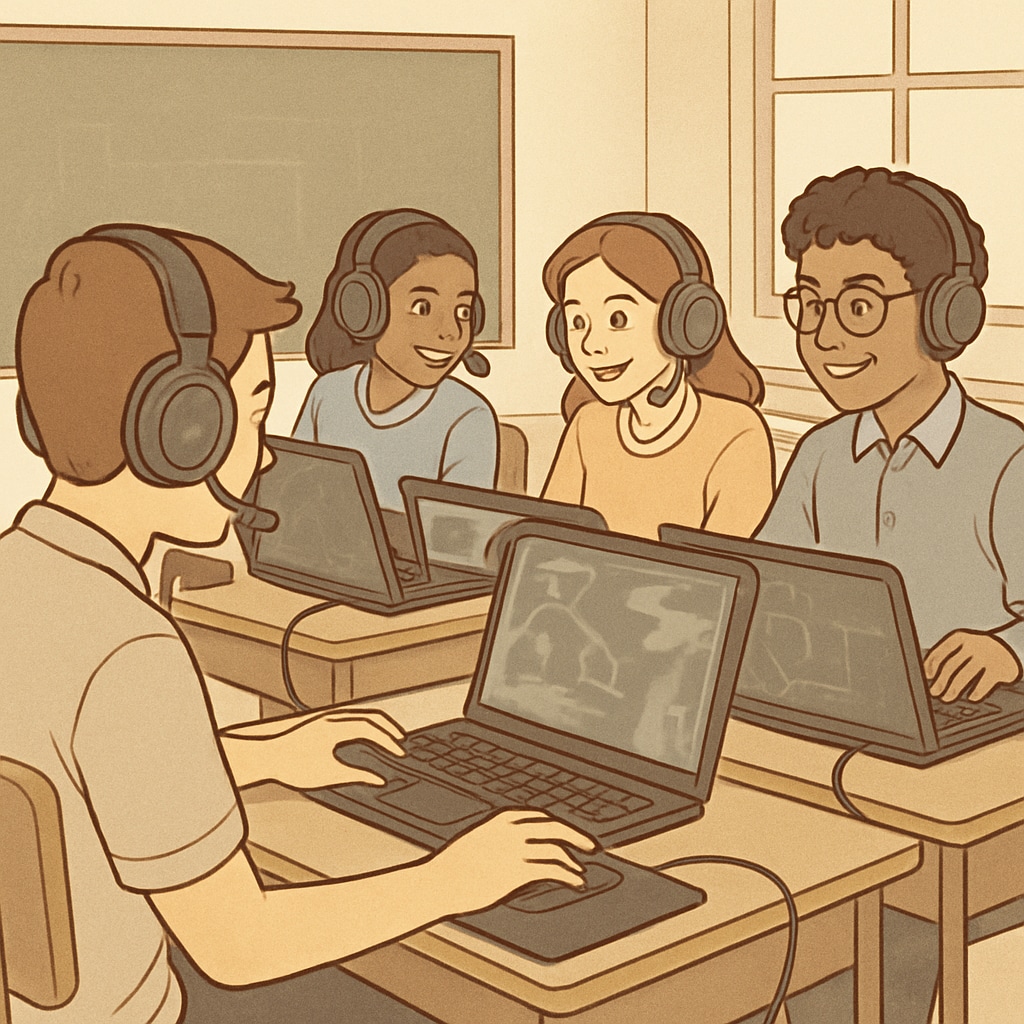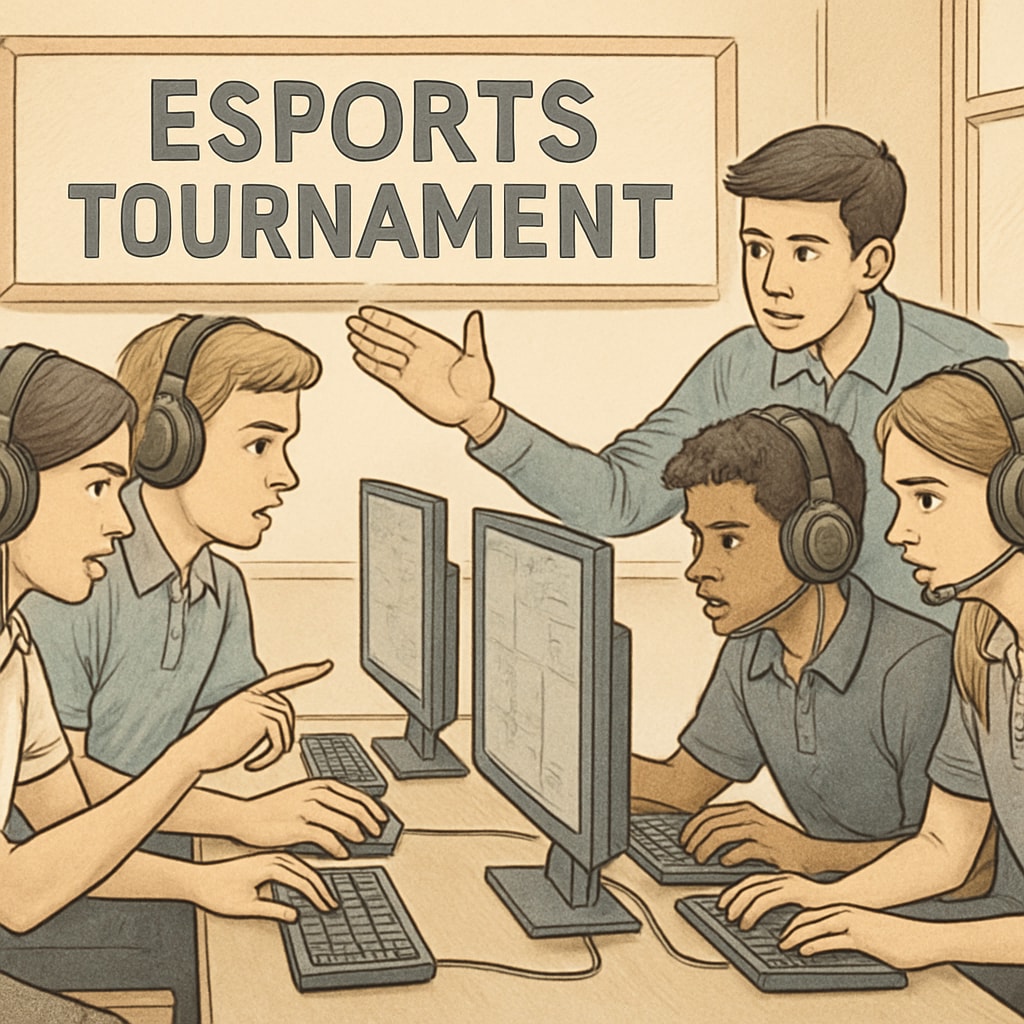Game-based learning, esports, and education are no longer separate domains. With the strategic partnership between GameClass and NASEF (North America Scholastic Esports Federation), a groundbreaking approach to learning is unfolding across 9,000 esports clubs worldwide. By fusing core academic subjects with the immersive world of video games, this innovative method has the potential to significantly increase student engagement and transform the landscape of K12 education.
The Rise of Game-Based Learning in Classrooms
Game-based learning (GBL) has gained traction as an educational approach that uses game mechanics to teach students. Its benefits include higher motivation, improved problem-solving skills, and enhanced collaboration. According to Britannica, the interactive nature of games makes learning more dynamic, appealing to a generation accustomed to digital environments.
Through the GameClass and NASEF initiative, educators can now leverage esports to teach STEM (Science, Technology, Engineering, and Mathematics), language arts, and even social-emotional skills. For example, games like Minecraft are used to teach geometry, while competitive titles such as Rocket League foster teamwork and strategic thinking.

How Esports Enhance Student Engagement
Esports serves as a bridge between students’ interests and educational goals. By incorporating video games into the curriculum, educators address the challenge of keeping students engaged. According to a report by Wikipedia, esports programs have been linked to higher attendance rates and improved academic performance.
In addition to academic benefits, esports fosters critical life skills such as communication, leadership, and time management. For instance, managing a team in an esports competition mirrors real-world project management, teaching students to delegate tasks and meet deadlines.

The Future of K12 Education with Esports
As the adoption of esports in education grows, its potential to redefine K12 education becomes increasingly evident. Schools are beginning to integrate esports labs, providing students with access to state-of-the-art equipment and training. These programs not only prepare students for careers in the gaming industry but also in related fields such as software development, digital marketing, and event management.
Furthermore, esports can make education more inclusive. Students who may not excel in traditional sports or academics often find a sense of belonging in esports clubs. This inclusivity helps build confidence and encourages participation in other school activities.
As a result, the synergy between game-based learning and esports is paving the way for a new educational paradigm, one that is both engaging and effective.
Readability guidance: This article employs short paragraphs and lists to enhance readability. Key points are supported with external links, and overuse of passive voice is avoided to maintain an active tone. Transition words like “for example,” “in addition,” and “as a result” are used to ensure smooth flow between ideas.


